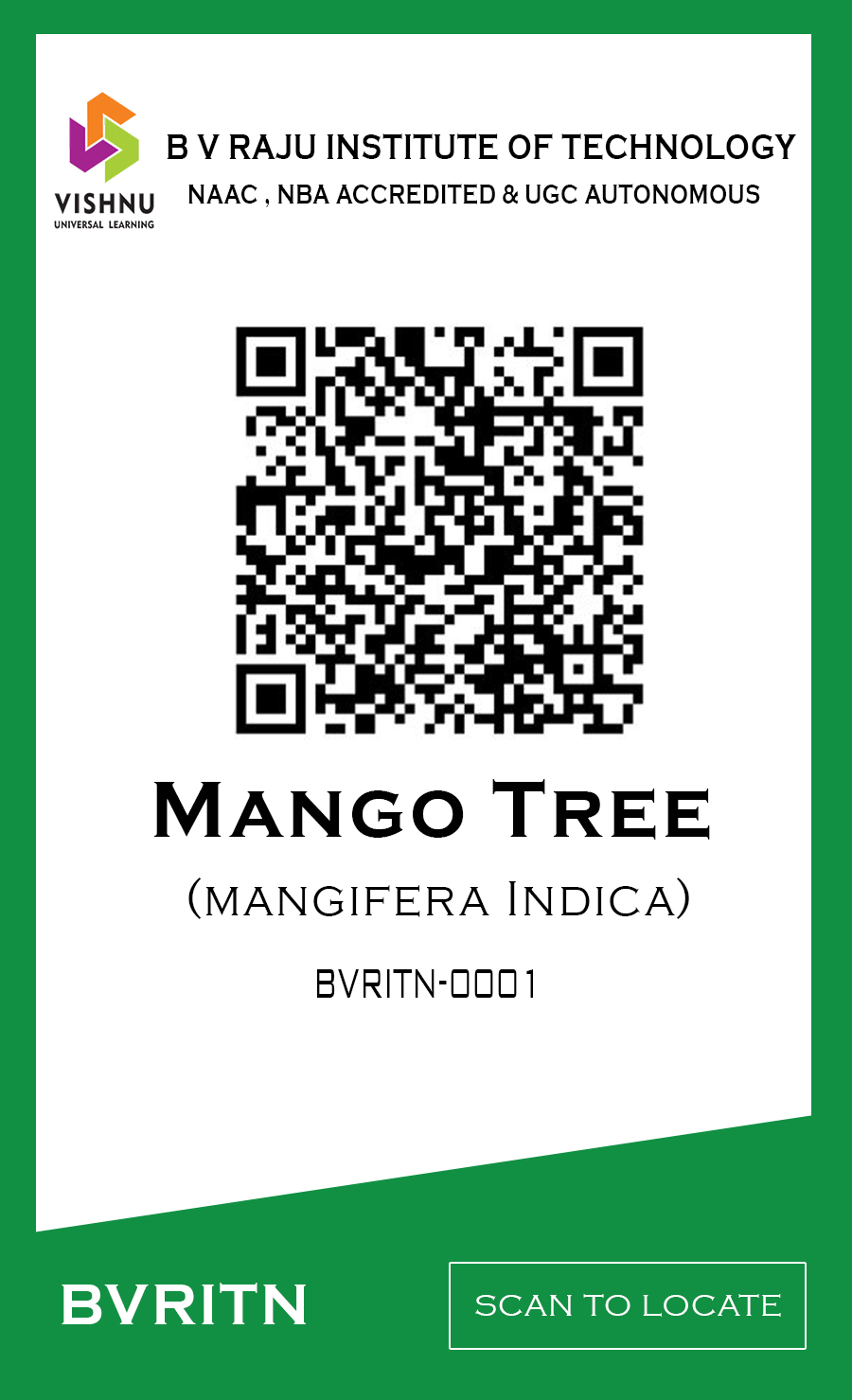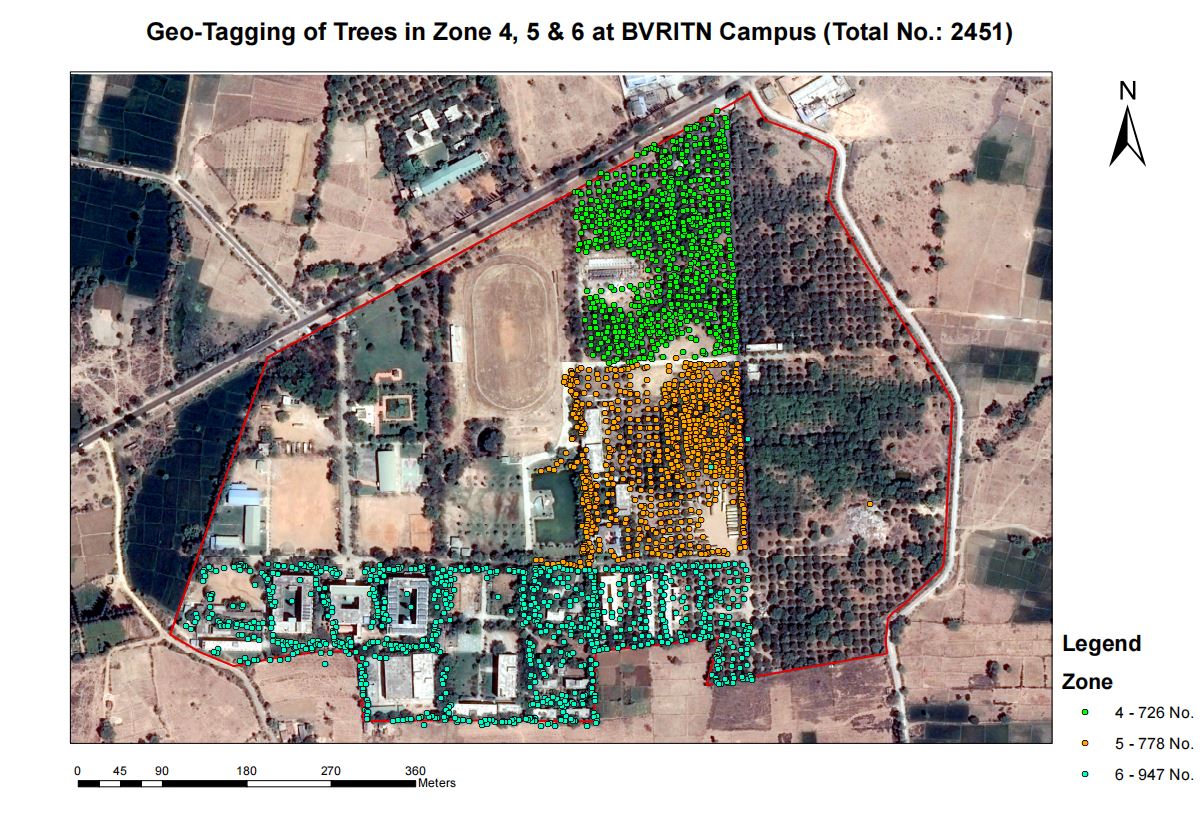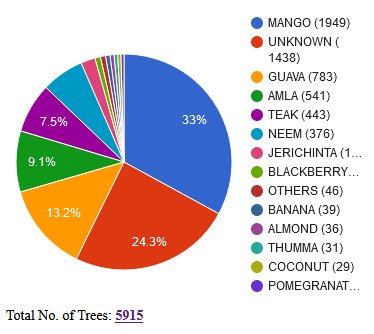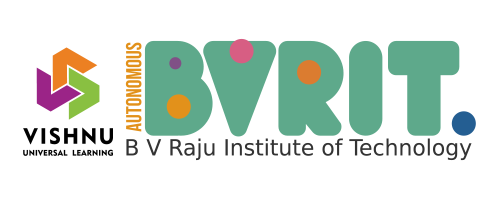Project 1: IDENTIFICATION AND DEMONSTRATION OF COST EFFECTIVE TECHNOLOGIES TO MAXIMIZE HABITAT ENERGY SELF-SUFFICIENCY
Collaborators: IIT Delhi, IIT Roorkee
Cost of the project: Rs. 2,75,00,000 (2.75 Crores)
- G. Sridevi, Professor and HOD, Civil Department.
- R. Vijay Kumar, Associate Professor, Civil Department.
- G. Sudrashan, Asst. Professor, Civil Department.
- S.J. Shivaraj, Asst. Professor, Civil Department.
- A. Shivaraj, Asst. Professor, Civil Department.
- N. Bhoopal, Academic Dean.
- V. Yugandhar, Associate Professor, MBA Department.
- N. Ramchander, Sr. Asst. Professor, EEE Department.
- V. Murali Krishna, Professor, Mechanical Department.
- K. Obula Reddy, Senior Research Fellow, Mechanical Department.
- N. Sandeep Kumar, Junior Research Fellow, EEE Department.
- M. Shirisha, Project Assistant, Civil Department.
Residential and commercial buildings account for about 40% of the total electricity used in India. Due to this high consumption of the electrical energy, will lead to a further straining on electricity demand. To solve this problem, one of the two solutions must be preserved within the building sector: either lessen building energy use or use renewable sources of energy as substitutions to fossil fuel energy. In this project we are going to construct two buildings one is conventional model case studio, and another is model case studio of area450sft. In model case studio the energy efficient materials and technologies are used and comparison is made between both the buildings.
The proposal aims at identifying to achieve energy savings through cost effective means of design, building technologies, materials, automation at unit level, and further savings at macro level through demand side management.
A collaboration of academic institutions and product designers will assimilate all its tools towards the goal of cost-effective means of energy conservation in buildings
- To use modeling and simulation tools for integrated design, and operational efficiency.
- To use industry experience and expertise to evaluate emerging technologies and identify practitioner and builder oriented cost effective and innovative methods for reducing energy consumption, and build tools for evaluating and managing supply and demand of energy.
- Integrated assessment of building design, envelop efficiencies, building controls and renewable generation
- Full-scale demonstration of energy performance improvement through coordination
- Identification of methods to achieve off-the-grid residential developments
- Development of India-specific pathways for residential energy efficiency including cost-benefit models
Construction of the conventional base case studio is completed; the design and specifications of this conventional building are collected from the field surveys because this building represents the normal residential building and further appliances are installed along with temperature, air and humidity sensors and monthly, seasonally energy demand is monitored.
Project 2: Geo-Tagging of Trees at BVRITN Campus
Geo-Tagging of Trees is the process of collection of geographical information in the form of latitude and longitude coordinates of a tree and other attribute data like tree name, year of plantation etc. This data will be encoded in the form of QR Code and will be printed on the name plate along with Tree Name. By scanning QR code using Mobile Phone, the complete details of tree along with photographs will be shown on Google Maps Mobile Application. By capturing and storing of photographs of trees at regular time intervals, the growth of trees can be monitored through online application. It will also helps in planning of new infrastructure proposals in the campus.
No. of Trees: 5915
Sanctioned Amount: Rs. 2,00,000/-
URL: Geo-Tagging of Trees
- Survey of trees using GPS / DGPS / Total Station equipment to obtain geographical locations i.e., Latitude and Longitude
- Collection of Photos of Tree
- Labeling of Trees with QR Code
- Design and Development of Geo-spatial Database for Infrastructure mapping which includes Bore wells, Sumps, Water Tanks, Buildings etc.
- Design, Development & Deployment of Online GIS Application for effective management and monitoring of resources like water, power, air pollution and temperature.


Dr. P. Rambabu,
Professor,
rambabu.p@bvrit.ac.in
9652665840
Completed and 5915 Trees were identified by 31-Dec-2017.

Project 3: Smart Water Management System
To provide a comprehensive solution for water distribution network system this includes
– Survey and Mapping of Existing Pipeline Network and its Assets
– Design and Optimization of Water Supply System
– Design, Development and Integration of Smart Sensors
– Design and Development of Mobile and Online Monitoring System
– Online Web Application to Build & Edit Water Supply Network
– Mobile Application to update flow status and monitor water supply
– Provision for SMS alert to consumers during flow on/off and breakdown
– Provision for Integration of Smart Flow Sensors to monitor water supply Project
Location: Shapoor Nagar, Quthbullapur, HMWSSB
Length of Network: 40.32 Km
No. of Junctions: 600
Distribution Area: 1.60 Sq.Km
Software: AutoCAD, Google Earth Pro., ArcGIS, EPANET, Water GEMS.
Web Technology: Google Maps API, ASP.NET.
Database: SQL Server 2008 R2.
URL: Smart Water Management
– Project commenced on 22-July-2016 with 5 faculty and 28 students.
– Build a model and conducted workshop at BVRIT Campus on 6th Oct. 2016.
– Presented model in “Technology Partnership Workshop” at HMWSSB on 18-Mar-2017.
– Build Smart Flow Detection Sensor and installed for testing near STP at BVRIT Campus.
– Implementation at field is proposed in the month of December 2017.
Dr. P. Rambabu,
Professor,
rambabu.p@bvrit.ac.in
9652665840










